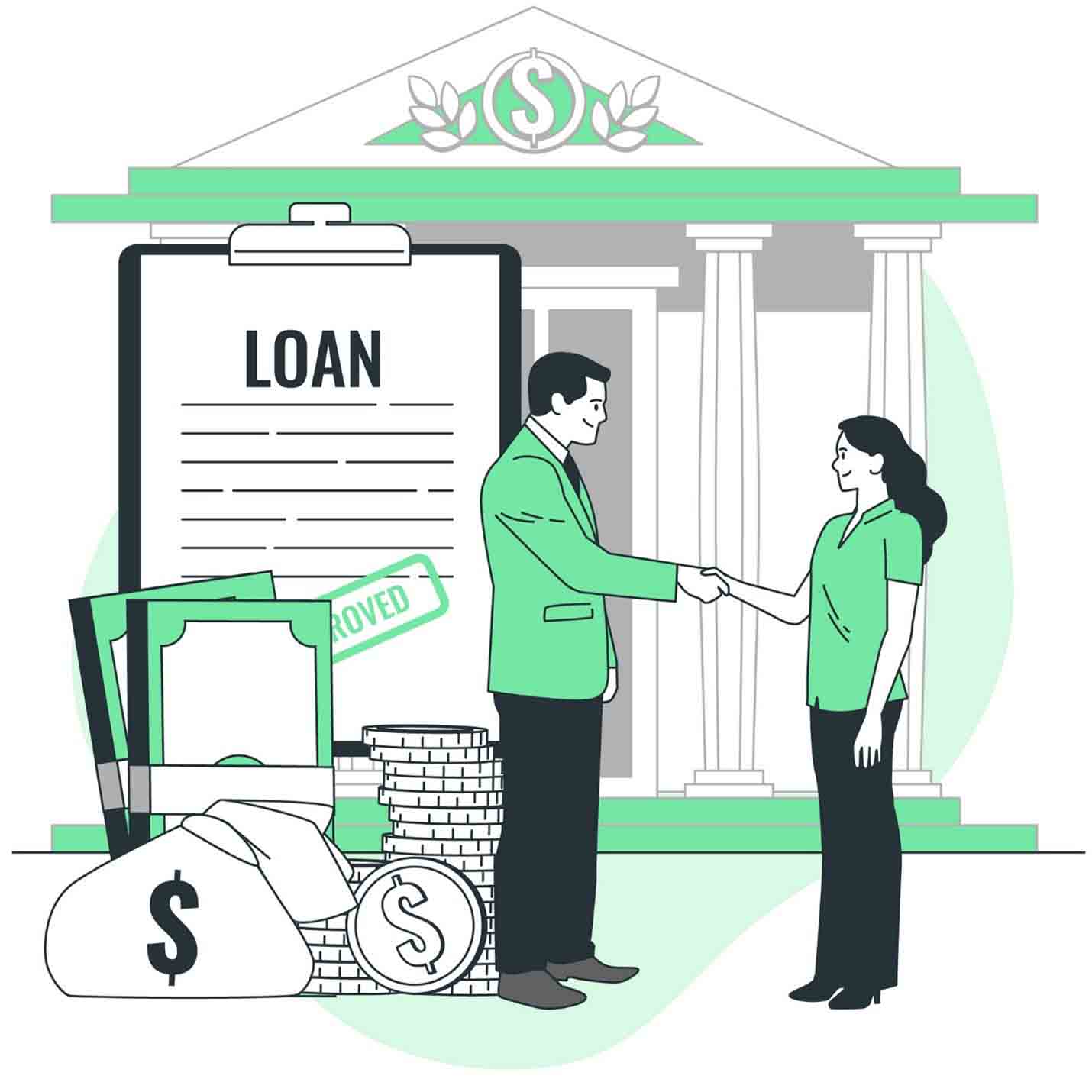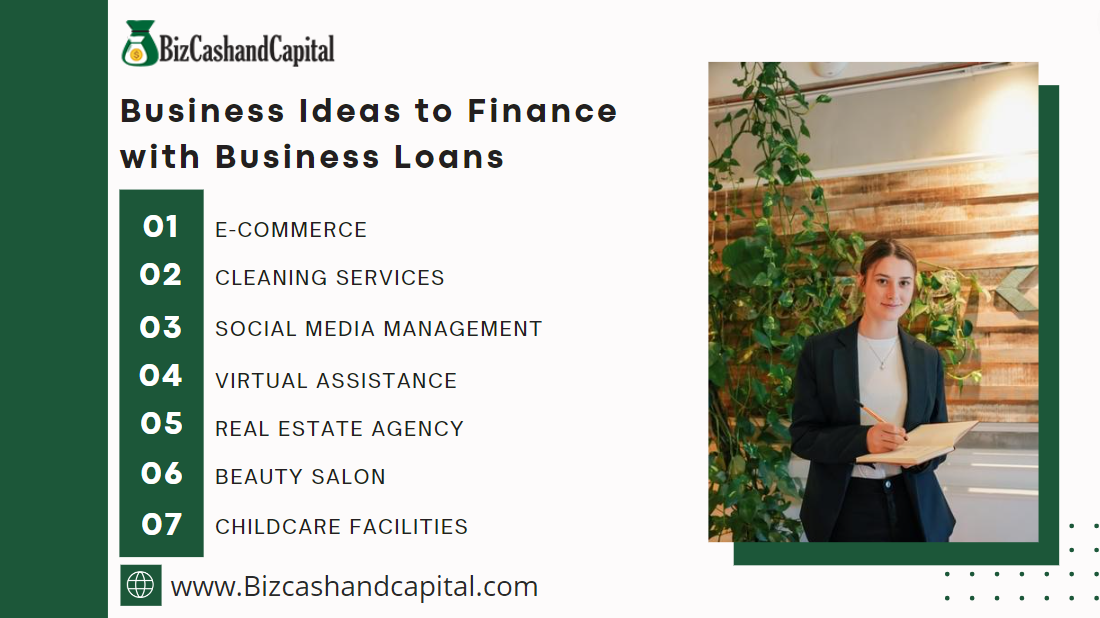
Without collateral? Still Eligible for a Small Business Loan

Starting or expanding a small business often requires a financial boost, and securing a business loan is a common avenue for funding. However, one stumbling block for many entrepreneurs can be the requirement of collateral. Traditional lenders frequently demand collateral, which is an asset or assets pledged by the borrower to secure the loan. This can be an important barrier, especially for new businesses or those without substantial assets.
But what if you don't have collateral or prefer not to put your assets at risk? Is it still possible to obtain a small business loan? The answer is yes. In this article, we'll explore options that allow you to qualify for a business loan without collateral, with a particular focus on Small Business Administration (SBA) loans and other alternatives.
Understanding the Importance of Collateral in Loan Approval
Collateral is a security for the lender. It minimizes the risk by providing a source of repayment if the borrower defaults on the loan. Common types of collateral include real estate, equipment, inventory, and accounts receivable. However, not every small business owner has valuable assets to offer as collateral. New businesses, service-based businesses, or digital ventures often lack tangible assets, making it challenging to meet collateral requirements.Exploring Small Business Administration (SBA) Loans
SBA loans are a popular choice for small business financing. They are partially guaranteed by the U.S. Small Business Administration, making them less risky for lenders and more accessible for small businesses. SBA loans have favorable terms and lower down payment requirements compared to traditional loans, making them an attractive option.SBA 7(a) Loans
The SBA 7(a) loan program is a versatile option that can be used for various business purposes, including working capital, equipment purchase, and real estate acquisition. While collateral is typically required, the SBA may approve loans without it, especially for smaller loan amounts. To increase your chances of securing an SBA 7(a) loan without collateral, emphasize your business's financial health, creditworthiness, and business plan.SBA Microloans
SBA microloans are another option, especially for startups and small businesses in need of a smaller loan amount. Microloans can go up to $50,000 and are more flexible in terms of collateral requirements compared to traditional loans.Alternative Financing Options
If an SBA loan is not a viable option or doesn't match your business needs, there are alternative financing routes to explore.Online Lenders
Online lenders often have more lenient eligibility criteria than traditional banks. They may be willing to overlook the lack of collateral if you have a strong credit score, a solid business plan, and consistent revenue.Peer-to-Peer Lending
Peer-to-peer lending platforms connect borrowers directly with investors. While interest rates might be higher than those of traditional loans, these platforms can be more flexible regarding collateral.Crowdfunding
Crowdfunding involves raising funds from many people, typically through online platforms. In return, backers might receive products, services, or equity in the business. Crowdfunding is a way to finance your business without taking on debt or giving up equity.Grants
Grants are non-repayable funds provided by government agencies, foundations, or corporations. While they are highly competitive, securing a grant can provide a significant financial boost to your business without the need for collateral.Tips for Securing a Business Loan without Collateral
- Maintain a Strong Credit Score:
- Develop a Comprehensive Business Plan:
- Demonstrate a Strong Financial History:
- Seek Guidance from Financial Advisors:
- Explore Local Resources:
Conclusion
Securing a small business loan without collateral is challenging but not impossible. Understanding the various options available and preparing your business for the loan application process is crucial. Whether you opt for an SBA loan, alternative financing, or a combination of options, focusing on your business's financial health, creditworthiness, and comprehensive planning can significantly improve your chances of obtaining the financial support you need to grow and succeed.Discuss your loan needs with our experts
+1 (216) 647-0007
Call to Our Experts
 (1).jpg )

